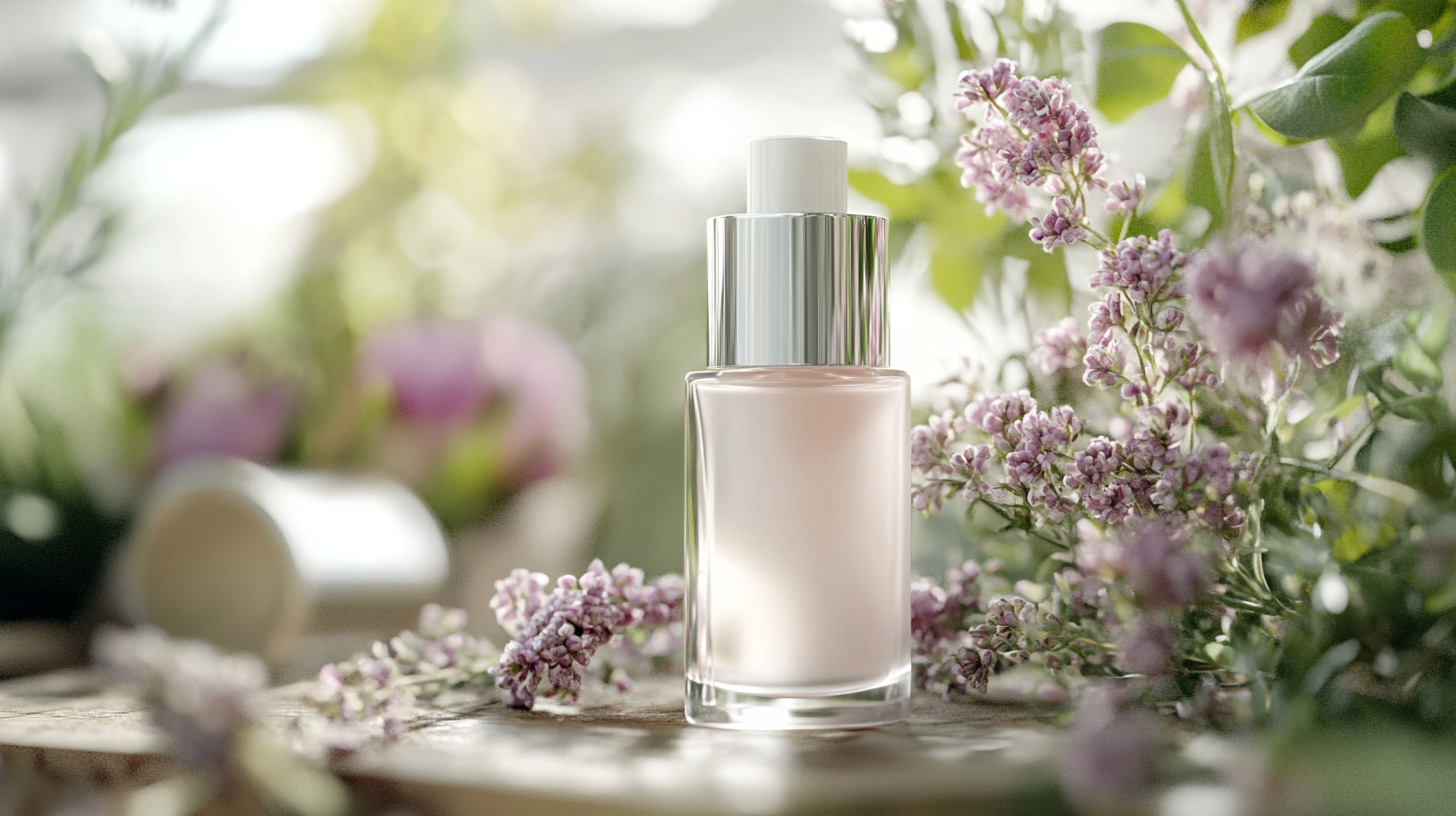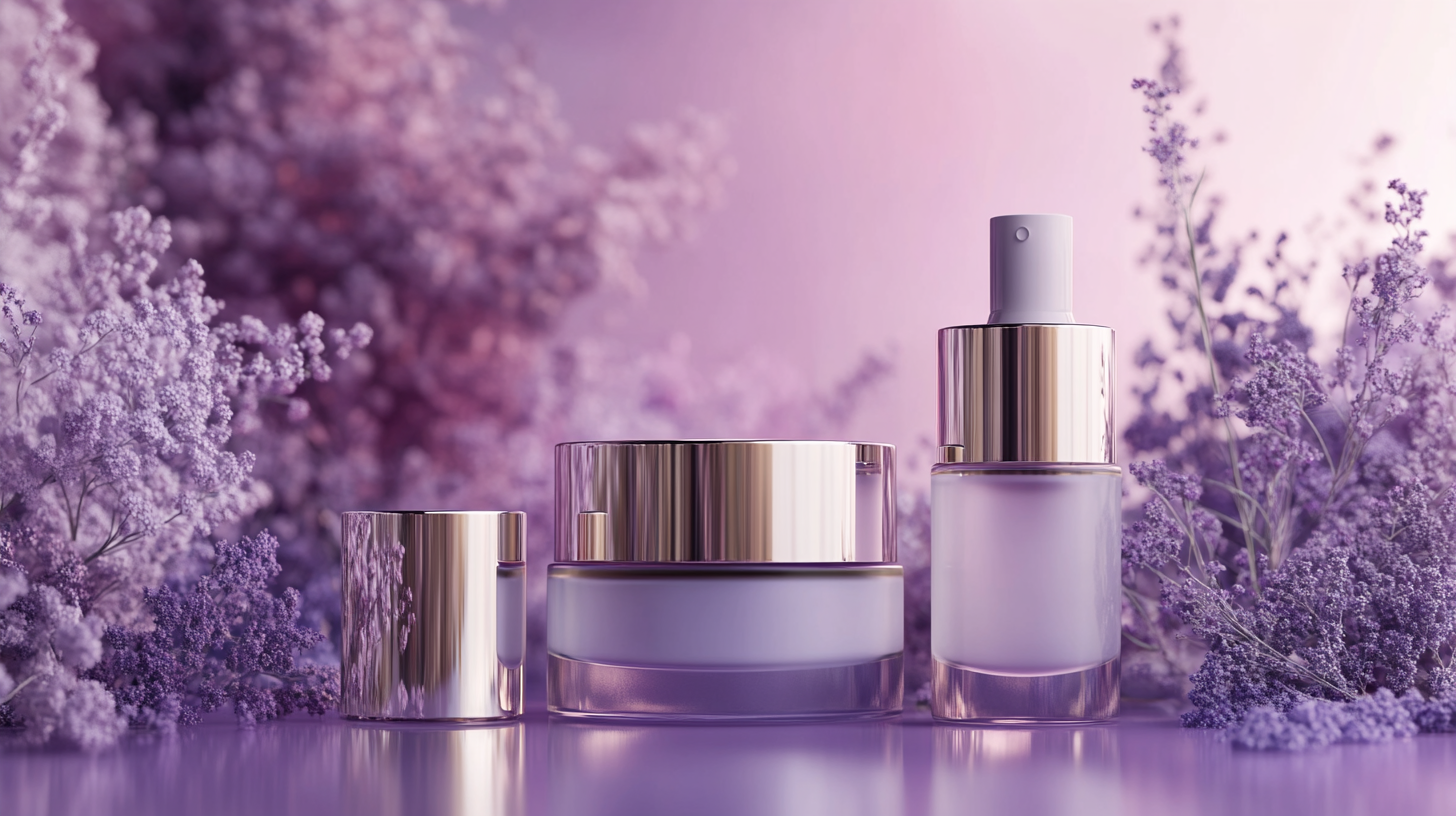Unlocking Radiance: Essential Tips for Choosing the Perfect Skin Care Products for Women
In a world where beauty standards are constantly evolving, selecting the right skin care products for women has become more critical than ever. According to a report by Statista, the global skin care market was valued at approximately $133 billion in 2019 and is projected to reach over $189 billion by 2025, reflecting a growing awareness of skin health among women. With an increasing number of brands entering the market, it can be overwhelming for consumers to navigate the plethora of options available. As a result, making informed choices is essential for achieving radiant and healthy skin.
To truly unlock one’s radiance, understanding the specific needs of different skin types and conditions is paramount. A survey by the American Academy of Dermatology revealed that more than 50% of women have experienced skin irritations due to improper product choices. This highlights the importance of not just choosing any skin care product, but selecting the right skin care products for women based on individual skin concerns, preferences, and lifestyle. In this blog, we will explore essential tips and insights to help women make informed decisions that cater to their unique skin care needs, ultimately leading to enhanced beauty and confidence.

Identifying Your Skin Type: A Guide to Tailored Skin Care Choices
Identifying your skin type is a crucial first step in selecting the right skincare products. According to the American Academy of Dermatology, there are five primary skin types: normal, oily, dry, combination, and sensitive. Each type has distinct characteristics and requires tailored care. For instance, those with oily skin may benefit from oil-free formulations containing salicylic acid, which helps regulate excess sebum production. Reports indicate that about 40% of women experience oily skin at some point in their lives, highlighting the importance of targeted products in managing this common issue. Dry skin, affecting approximately 30% of women, can often show signs of flakiness or tightness. To combat these symptoms, dermatologists recommend hydrating products with ingredients rich in hyaluronic acid and ceramides. A study published in the Journal of Clinical and Aesthetic Dermatology noted that consistent use of such formulations can significantly improve skin moisture levels within two weeks. Consequently, recognizing dry skin can lead to better hydration solutions. Combination skin can be trickier to navigate, as it exhibits traits of both oily and dry skin. A survey conducted by the International Journal of Cosmetic Science found that nearly 65% of women identify their skin as combination, making it essential to find a balanced routine. Products that focus on lightweight yet hydrating formulations can help manage the varying needs across facial zones. Furthermore, sensitive skin, which affects about 50% of women, requires extra caution; formulations free from fragrances and harsh chemicals are vital to prevent irritation. Understanding your specific skin type is not merely about choosing the right products; it’s about unlocking your skin's full potential. By aligning your skincare choices with your individual skin needs, you can foster a radiant and healthy complexion tailored just for you.

Key Ingredients to Look for in Women's Skin Care Products
When it comes to curating an effective skincare routine, understanding the key ingredients that cater to women's unique skin needs is essential. With an overwhelming variety of products available, knowing what to look for can make all the difference in achieving that sought-after radiant glow.
One of the most sought-after ingredients in women’s skincare is hyaluronic acid, renowned for its incredible moisturizing properties. This powerful humectant attracts moisture to the skin, resulting in plumped and hydrated skin that reduces the appearance of fine lines. Additionally, incorporating retinol into your routine can significantly combat signs of aging. This potent vitamin A derivative helps stimulate collagen production, leading to improved skin elasticity and reduced wrinkles.
Peptides are another must-have in any anti-aging regimen. These chains of amino acids support the skin’s natural barrier, enhancing firmness and reducing the appearance of dark spots. Serums featuring Vitamin C are also celebrated for their brightening effects, combating uneven skin tone, and providing antioxidant protection against environmental damage.
Choosing skincare products that include these key ingredients not only addresses specific concerns like dryness and aging but also paves the way for a luminous complexion. Don’t overlook the power of nourishing moisturizers designed for mature skin, as they play a vital role in maintaining skin health and vitality, ensuring that your glow shines through at any age.

Understanding Product Labels: Decoding Ingredients and Claims
When it comes to selecting the right skincare products, understanding product labels is essential for making informed choices. A study by the Worldwide Skin Care Market, published in 2021, highlighted that nearly 60% of consumers are confused by the ingredients listed on product labels. This confusion often leads to misinformed purchases and can ultimately affect the health of the skin.
Decoding ingredient labels begins with recognizing key terms and their implications. For instance, the term "hypoallergenic" suggests that a product is less likely to cause allergic reactions, but it is not strictly regulated. Similarly, "non-comedogenic" indicates that a product is unlikely to clog pores, which can be vital for those prone to acne. To further empower consumers, reports show that proactively looking for ingredients backed by clinical studies can significantly enhance their skincare routines. Ingredients like retinoids, hyaluronic acid, and vitamin C, have been widely studied and proven effective in promoting collagen production and improving skin texture.
Furthermore, understanding claims made by brands is critical. The U.S. Federal Trade Commission mandates that beauty products must not make false or misleading claims. However, terms like "natural" and "organic" can often be vague and misleading. A survey by the Environmental Working Group (EWG) in 2020 found that 70% of consumers believe "natural" means free of chemicals, demonstrating the need for clarity in labeling. By educating themselves on these terms and scrutinizing ingredient lists, women can navigate the skincare landscape more effectively, ensuring they choose products that genuinely cater to their skin's needs.

Building a Balanced Routine: Day and Night Skin Care Essentials
When it comes to nurturing our skin, establishing a balanced routine is crucial. Day and night skincare essentials serve distinct purposes, helping us maintain a healthy complexion around the clock. During the day, our skin faces environmental stressors such as UV rays and pollution. Therefore, a morning routine should focus on protection and hydration. Start with a gentle cleanser to remove overnight impurities, followed by a lightweight moisturizer infused with antioxidants. A broad-spectrum sunscreen is non-negotiable, acting as a barrier against harmful rays while preserving moisture.
As the sun sets, our skin enters a reparative phase that emphasizes recovery and nourishment. A nighttime skincare routine should include a more intensive cleanser that effectively removes makeup and impurities accumulated throughout the day. After cleansing, opt for a rich moisturizer or a nourishing sleeping mask designed to hydrate and soothe the skin overnight. Incorporating active ingredients like retinol or hyaluronic acid can further enhance the skin's repair processes, helping to combat signs of aging and maintain elasticity. By prioritizing these essential products at different times of the day, women can achieve a healthy, radiant complexion that reflects their inner vibrancy.
Common Skin Care Mistakes to Avoid for Radiant Skin
When it comes to achieving radiant skin, avoiding common skincare mistakes is just as crucial as selecting the right products. According to a report by the American Academy of Dermatology, nearly 30% of women unknowingly use products that are unsuitable for their skin type, leading to issues like dryness, irritation, or breakouts. Understanding your skin's specific needs is essential; for instance, oily skin requires lighter, oil-free formulations, whereas dry skin benefits from rich, hydrating creams.
Another frequent pitfall is neglecting sun protection. The Skin Cancer Foundation emphasizes that regular use of sunscreen can reduce the risk of skin cancer by 50%, but surprisingly, only 14% of women apply it daily. This oversight not only increases health risks but can also lead to uneven skin tone and premature aging. Incorporating a broad-spectrum SPF into your daily routine is imperative for maintaining a youthful and even complexion.
Moreover, many women make the mistake of over-exfoliating. A study published in the Journal of Investigative Dermatology reveals that excessive exfoliation can disrupt the skin barrier, leading to inflammation and sensitivity. It’s recommended to limit exfoliation to once or twice a week, utilizing gentle products that won't strip the skin of its natural oils. By being mindful of these common errors, women can foster healthier, more radiant skin while making informed choices about their skincare regimen.

